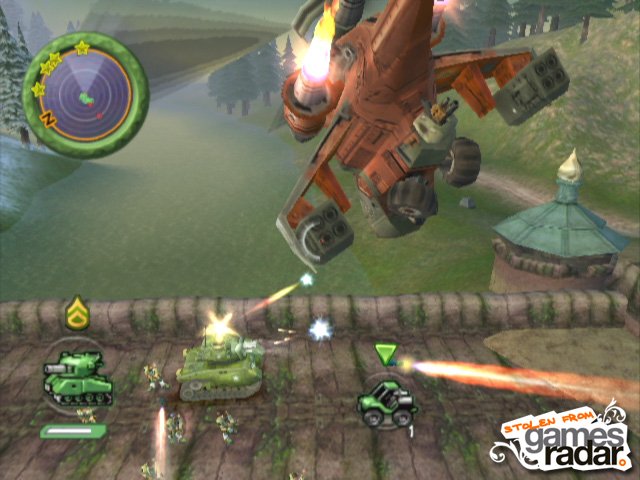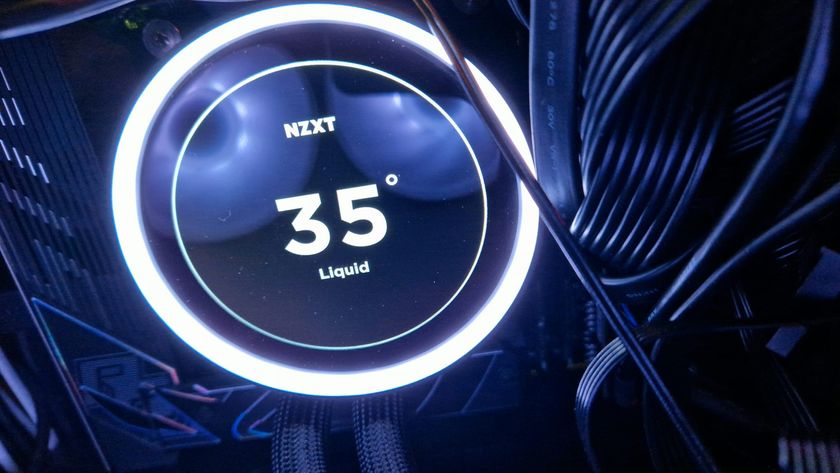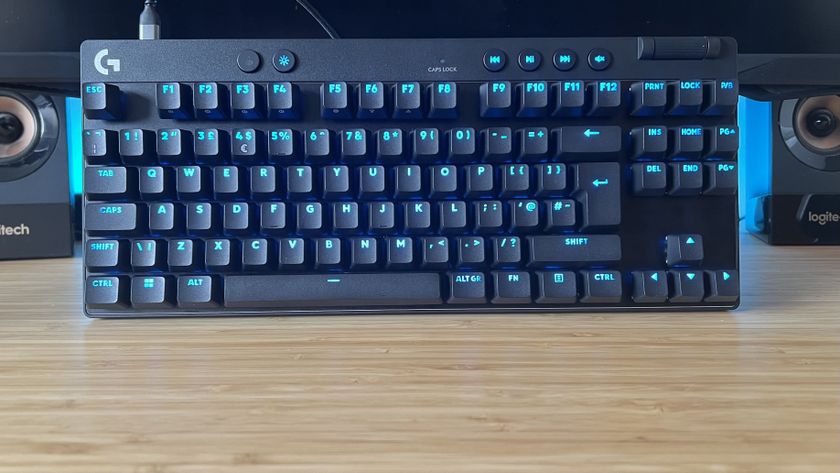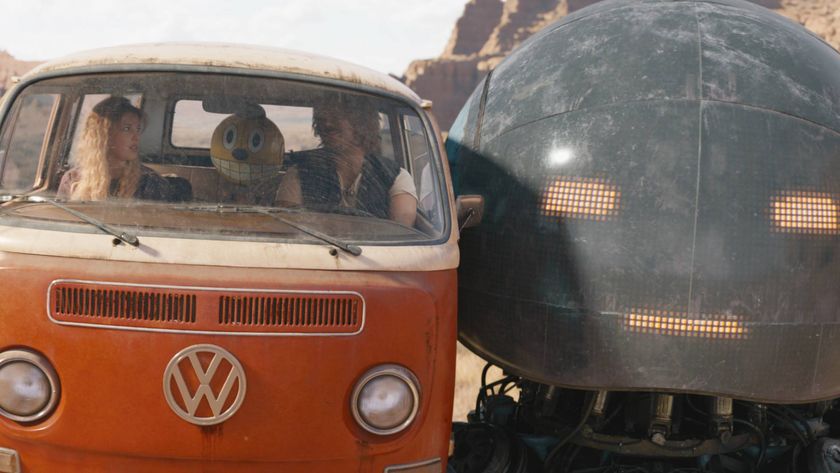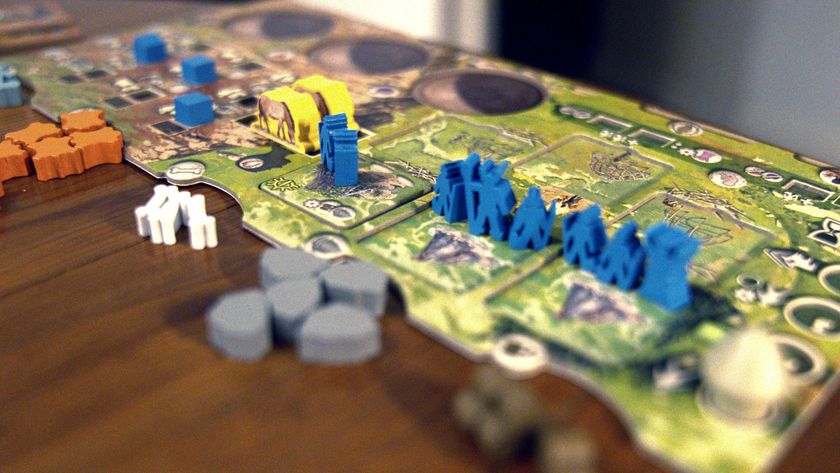GamesRadar+ Verdict
Pros
- +
Mowing down cutesy soldiers
- +
Boomin' sound effects
- +
Copious unit and terrain types
Cons
- -
Targeting system is rough
- -
Amnesiac troops make planning a chore
- -
No multiplayer. At all
Why you can trust GamesRadar+
War games, above all else, need to make you feel like you're in the thick of a life-or-death struggle between bitter enemies. Battalion Wars wastes no time in bombing your skull into the charred, corpse-ridden ground, but its squeaky-voiced troops and cartoony presentation make it a hard game to take seriously.
Rather than sticking to the turn-based missions of Advance Wars, Battalion Wars puts you in direct control of your troops. You'll take to the skies with helicopters, jet fighters and concept craft like a supersized stealth bomber, or tear up the earth by marching squads of machine gunners and tanks right through the enemy's stronghold. There's no shortage of unit or terrain types here, but handling an entire army simultaneously is a gangbang of bad control.
Each unit type can be given specific orders like "attack this!" or "stay here!" but that's about it. They tend to ignore enemies in their midst even though they're being shot at profusely. More than once you'll find a rogue gunner pelting the group from within your own ranks because no one's smart enough to take him out.
The size of your army fluctuates from six specialists to a legion of 15 or more soldiers. You can give commands to individual men in a unit, but when you're being bombed into the Stone Age the last thing you want to worry about is the shoddy C-stick interface. On the same note, the act of organizing your groups for a precision strike often goes awry when soldiers start running in circles or drowning in rivers due to poor A.I. This, along with the clunky targeting system (will anyone ever get this totally right?), keeps the game down.
Looking past these two rather large annoyances, the rest of the game is quality. Hulking tanks and ominous bombers blast massive shells at your lowly soldiers and send them flying through the air in a cloud of dust as missile troops launch a cascade of projectiles into the sky, homing in on airborne nuisances. It's a bat-nuts crazy experience that mirrors the chaos of a battlefield; just ignore the stereotyped, cheerleading characters and fire away.
More info
| Genre | Strategy |
| Description | You'll be on the edge of your seat, but its squeaky-voiced troops and crap-ass targeting system harm an otherwise solid shooter. |
| Platform | "GameCube" |
| US censor rating | "Teen" |
| UK censor rating | "" |
| Release date | 1 January 1970 (US), 1 January 1970 (UK) |
A fomer Executive Editor at GamesRadar, Brett also contributed content to many other Future gaming publications including Nintendo Power, PC Gamer and Official Xbox Magazine. Brett has worked at Capcom in several senior roles, is an experienced podcaster, and now works as a Senior Manager of Content Communications at PlayStation SIE.
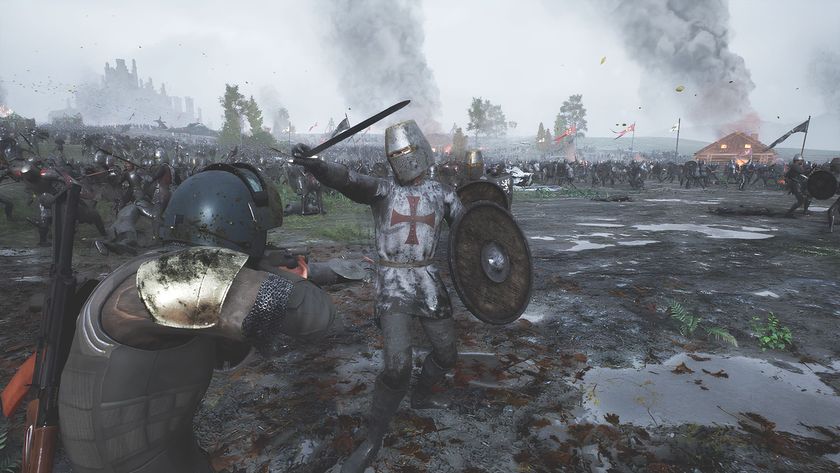
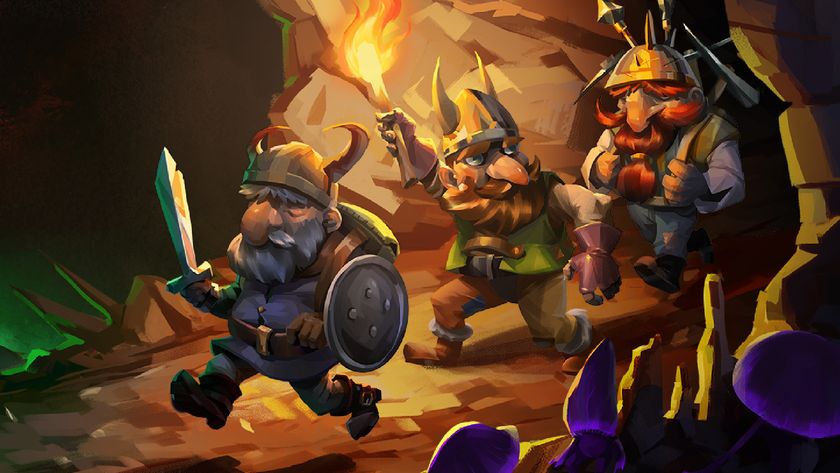
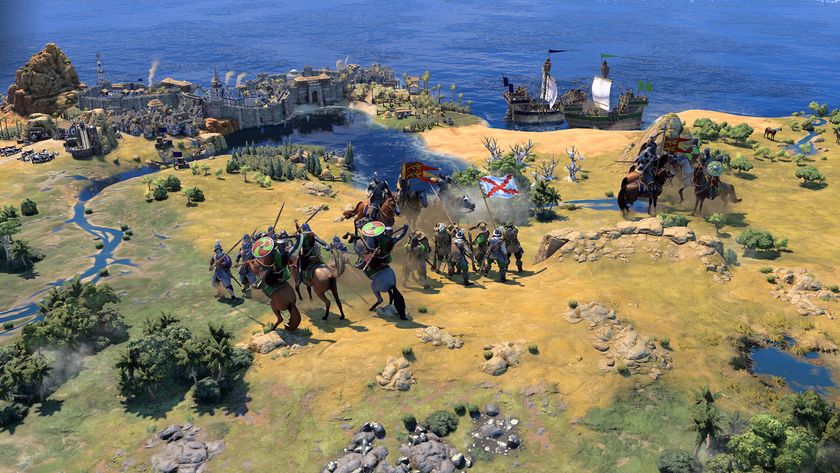
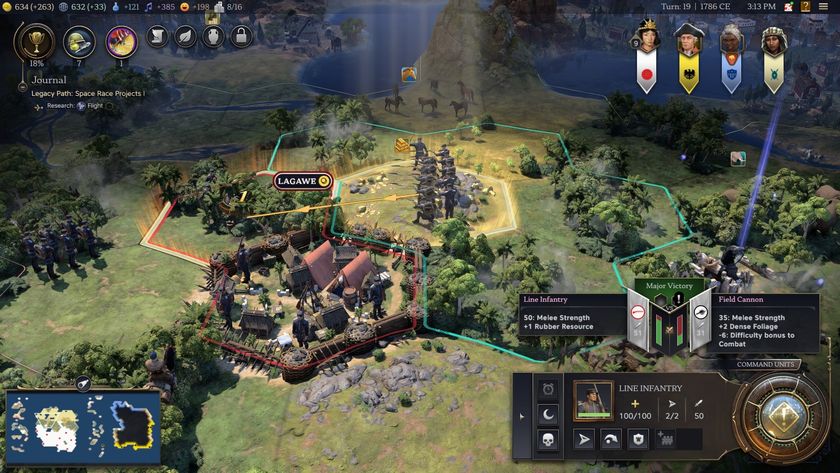
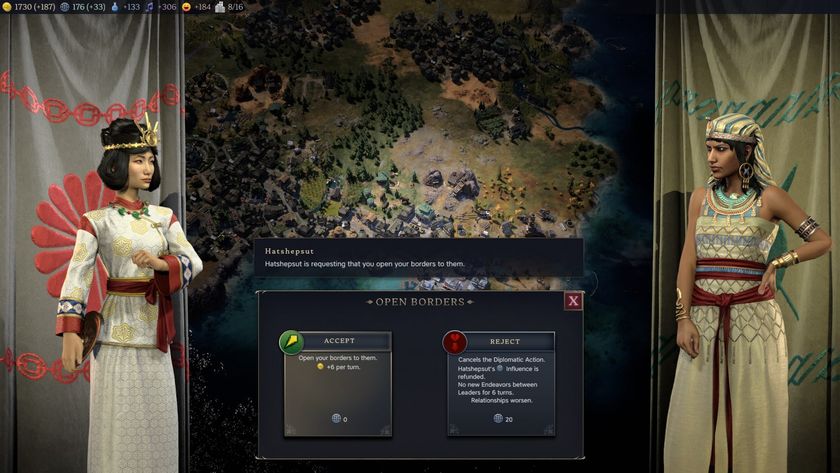
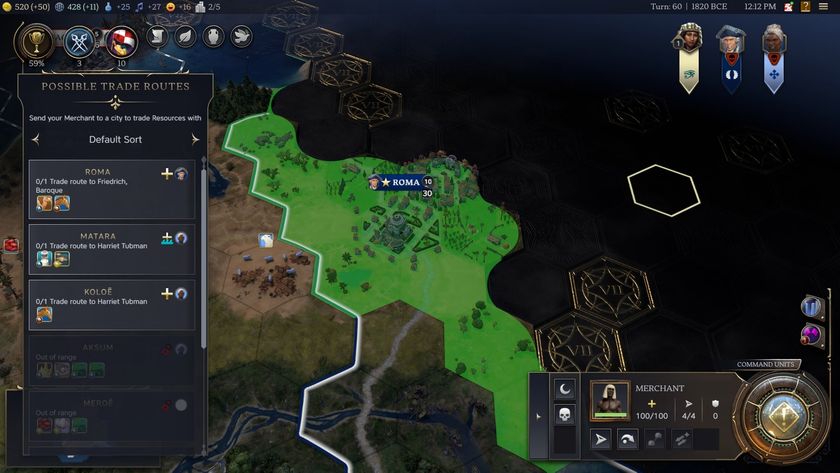
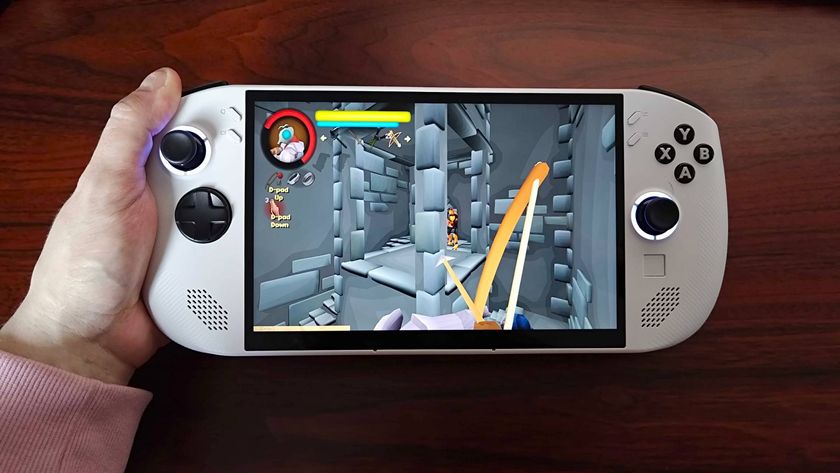
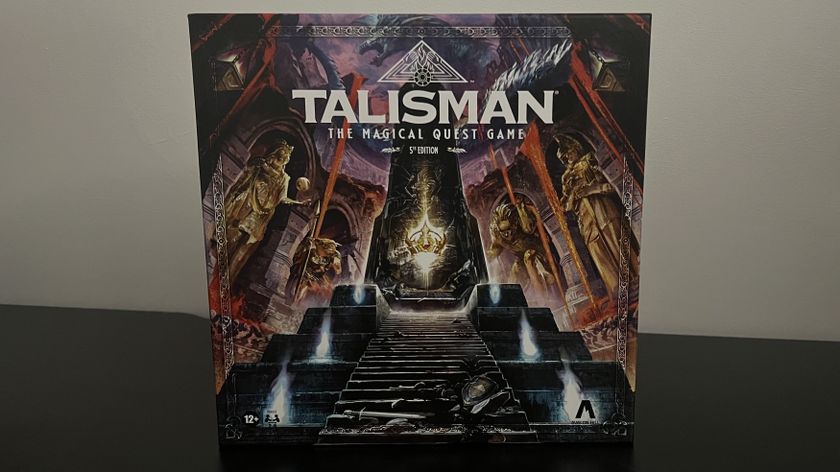
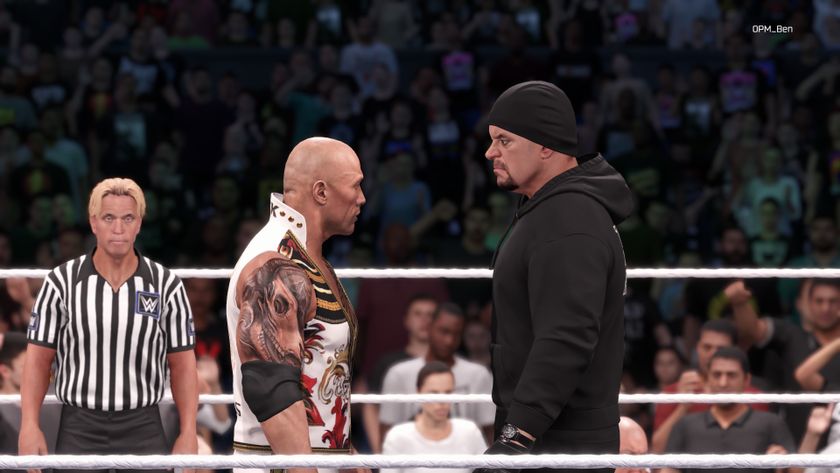
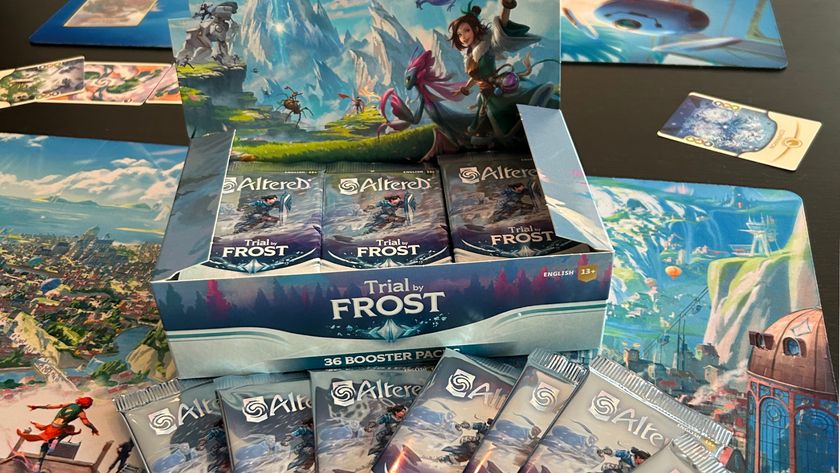
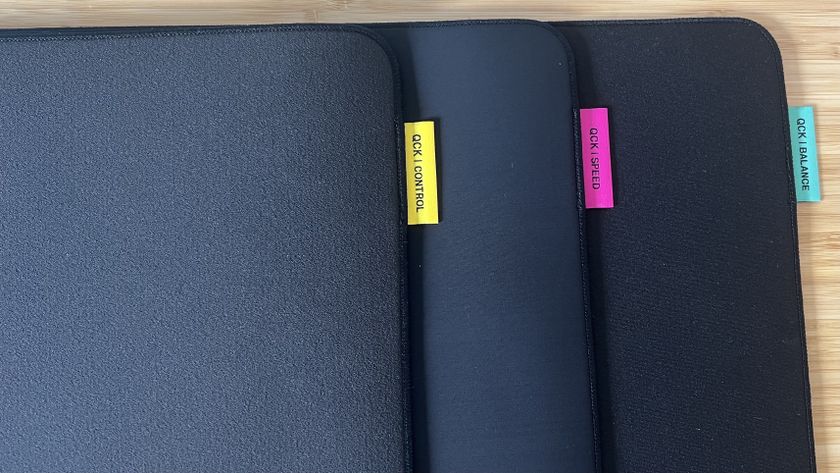
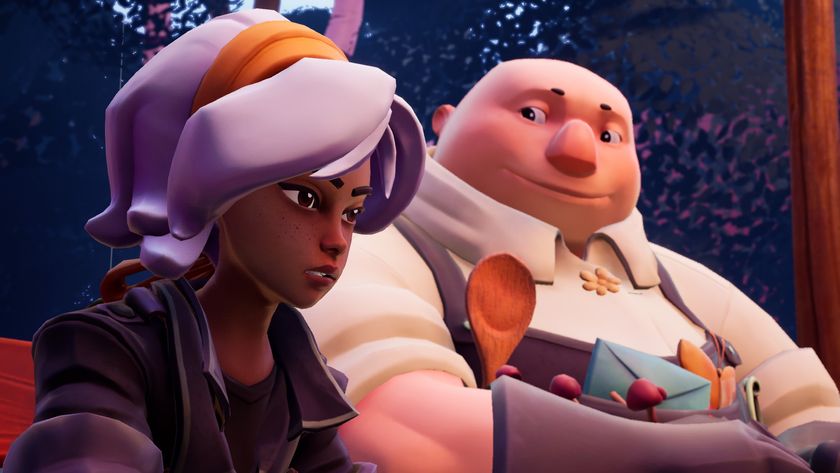
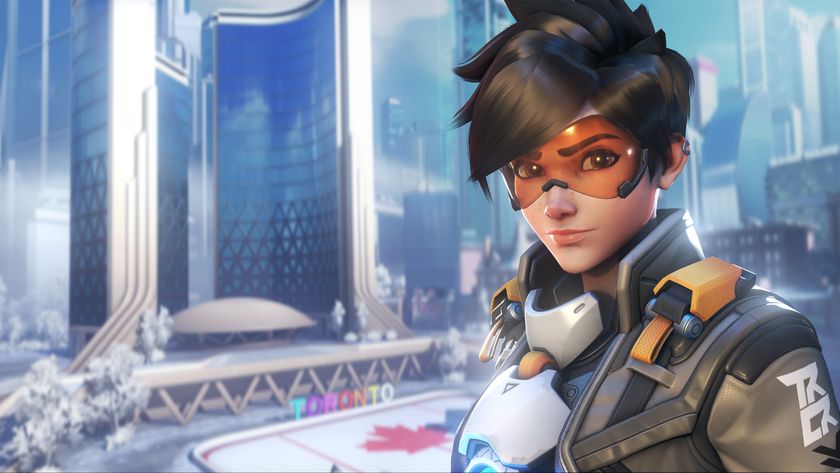
My hopes for an Overwatch anime or Diablo horror movie are going strong as Blizzard president points out "we are Blizzard Entertainment, and not simply Blizzard Games"
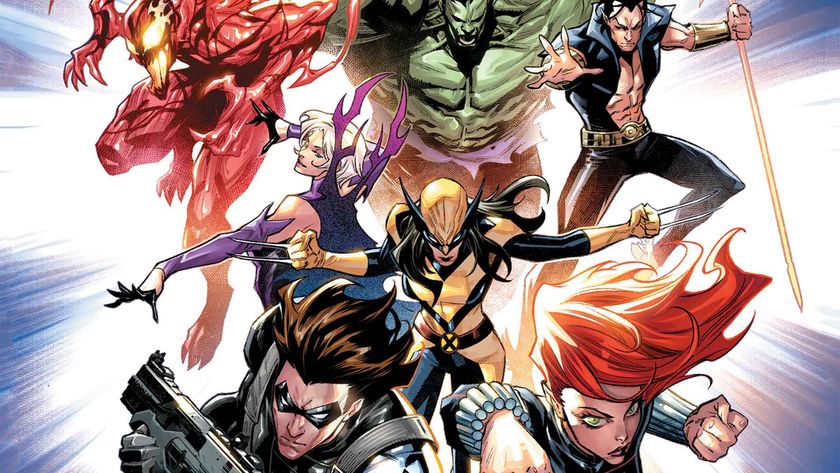
Marvel's New Thunderbolts* comic steals the MCU's asterisk, and the reason why is just as big of a mystery
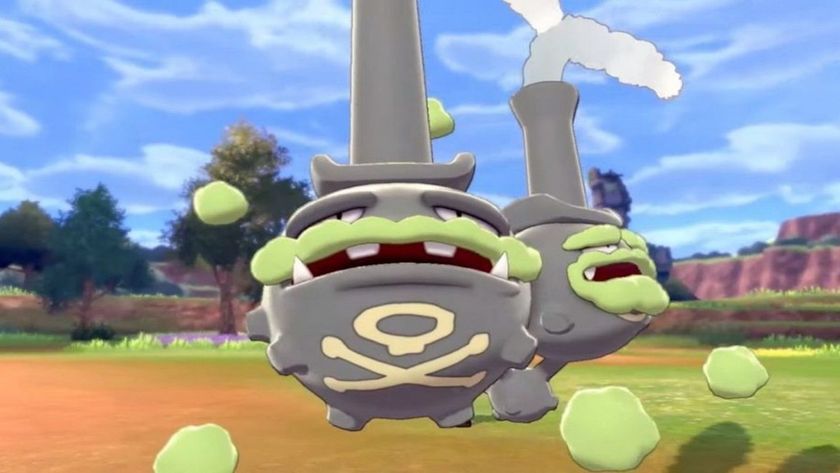
Pokemon Go players brace for the worst as Niantic is sold off for $3.5 billion: "This game is entering its death knell"
